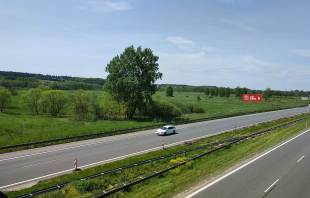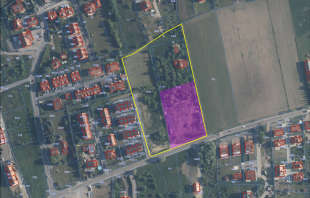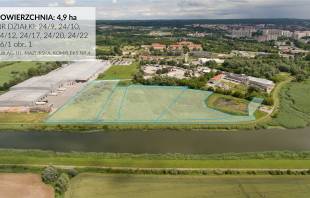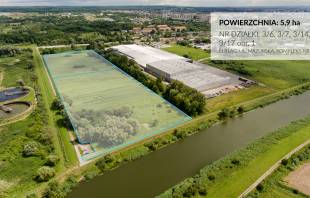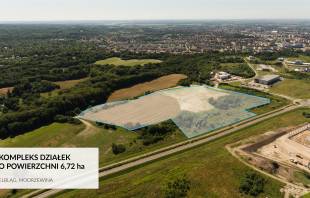The new Act on Agricultural Land Trade has been in force for more than a year, and its effects have been more and more distinctly felt by the warehouse and manufacturing sector. We can see that the new act has unquestionably limited the availability of investment areas.
The drastic restrictions introduced by the amended Act on Agricultural Land Trade are distinctly felt in the commercial real estate sector. A revolution for agricultural land trade, and thus the entire real estate market, arises from such provisions as the ones stating that agricultural land can be purchased only by individual farmers (with some exceptions). Changes to the Act of April 11, 2003 on the Shaping of the Agricultural System were introduced by the new Act of April 14, 2016 on the Restriction on the Sales of Land owned by the Agricultural Property Stock of the State Treasury and changes to certain acts, which came into force on April 30, 2016.
A positive result of the act is that on the land that has been waiting for buyers since 2008 construction works are now beginning therefore, the act has helped land that was previously considered less attractive find new investors; examples are projects in Piotrków Trybunalski or Błonie near Warsaw.
In contrast to lands from the old land bank, the act froze natural trade in the most attractive lands located on the outskirts of agglomerations.
What are the reasons?
Such areas are often not included in development plans and in practice treated as agricultural lands; therefore, the act restricts the sale of those on the free market.
An example here is Łódź, where there are many investors willing to purchase large lands however, there are simply not enough ready-to-purchase lands now.
As a result, we can observe an increase in the prices of lands subject to such plans, as a consequence expecting an increase in rental prices for warehouse spaces, which will negatively affect the development of the market.
What can be done in this situation?
In our opinion, the best solution is to engage in cooperation with communes and investors in planning strategies concerned with land management and plan adoption, which will result in new investments in the future.
Renata Osiecka, Managing Partner at AXI IMMO






















